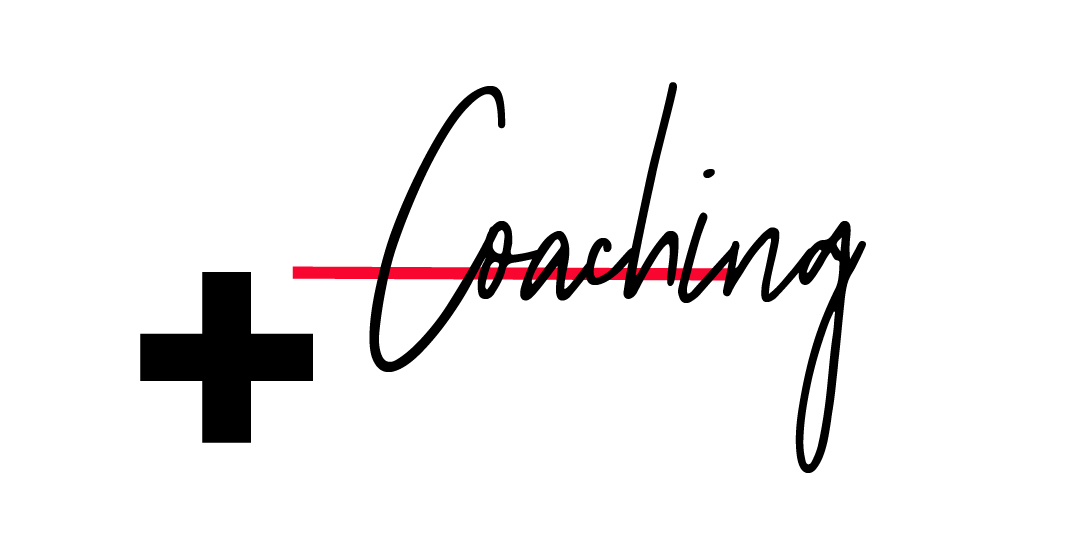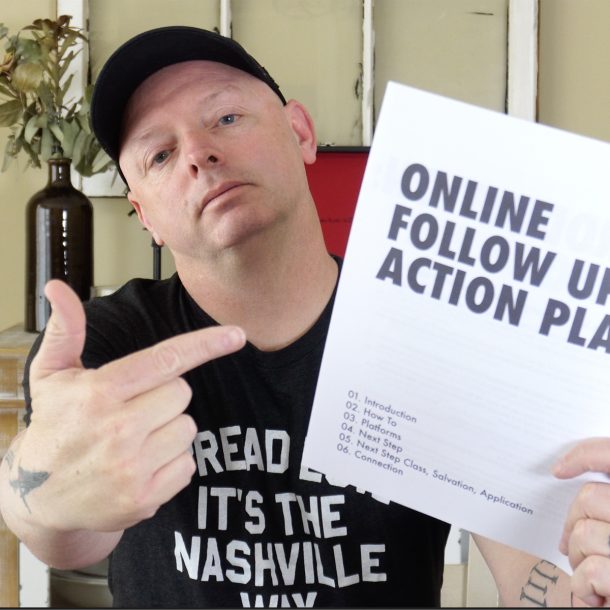“This is not good enough”
“No one is going to like this”
“This idea will be rejected”
“This will never work”
These are just a few of the favorite lies that the voices of our “inner critic” try to tell us. I’m sure that if you’ve ever created anything or been brave enough to share an idea, you’ve heard these – and probably a countless list of other voices, none very motivating. This voice wants to make you so scared to share and create because it knows the ability you have to change the world. This voice quietly screams shame, doubt, fear, and anxiety into your life.
Dr. Dennis Palumbo, a psychologist who studies creative people, says that while this voice wants to dominate and control you, it actually is a vital part of your creative process.
When we hear this voice, the natural desire is to kill it so that it no longer can speak to us. According to Palumbo, doing this creates two problems:
- First, killing this voice validates its control of you. “It suggests that there is a perfect you in the future who is unencumbered by such conflicts.” We know that perfect is not possible. So, as an artist, we should avoid the temptation of perfect.
- Second, killing this voice is not possible. Even if it were, killing this voice would remove a vital part of our creative instinct. The side of our creative edge that helps us edit, reframe, and discern between bad, good, and great.
When harnessed correctly, your inner critic can actually become a tool to refine your judgment.
So, what do we do?
- First, we keep showing up. We never quit. We keep coming every day and commit to creating our best work regardless of what the voices say. We become so persistent that we wear the voices down. The voice is not going to leave, so we’re going to use its words to make our art better.
- Second, we’re going to use the voices to create better work. The voices keep talking. Sometimes what they say is actually right. When the voices are right, there is data associated with their claims. When there is no data to substantiate the voices we’re going to ignore them. When there is data we are going to use that data to be better. Then, we can thank the voices.
As long as there is art to create, ideas to develop, innovation to be had, and experiences to produce, there will be the condemning voice of the inner critic. However, there is no condemnation in Christ so we will use the insecurity of our inner artist to leverage the claims of the voices to create our best work – the work that is in front of us waiting to be developed.
So create. Create with passion. Create with courage.
What do these voices say to you?
How have you learned to beat them?





A great quote related to this that helps me harness the inner critic: “Think of and look at your work as though it were done by your enemy. If you look at it to admire it, you are lost.” – Samuel Butler
If we can get some artistic distance between ourselves and our work, the inner critic is a powerful tool! Disconnect yourself from your work…remove your creator hat. Pretend the work is someone else’s. It doesn’t HAVE to be your enemy :). But when it is someone else’s work, your creative instinct changes. This takes some practice but is super helpful.
Here’s an article about creative distance in the context of web design…applicable to most disciplines. Fair warning, there’s some choice language.
http://www.alistapart.com/articles/artistic-distance/
Stephen- I don’t recall how I stumbled onto your blog, but I am so glad I did! Great and necessary post. I love what you said: “This voice wants to make you so scared to share and create because it knows the ability you have to change the world.”
I believe we need to intentionally add voices to the already engrained (negative) voices. I do this by writing down uplifting quotes, and scripture which I place in various places of my home and work. I look at them and think on them repeatedly. After a while, these words become part of the voices in my head too. And when I begin to beat myself down with negative fearful thinking, I reach for the counter. The counter of that voice are things like: “For I am the Lord, your God, who takes hold of your right hand and says to you, do not fear; I will help you.”
-Ella